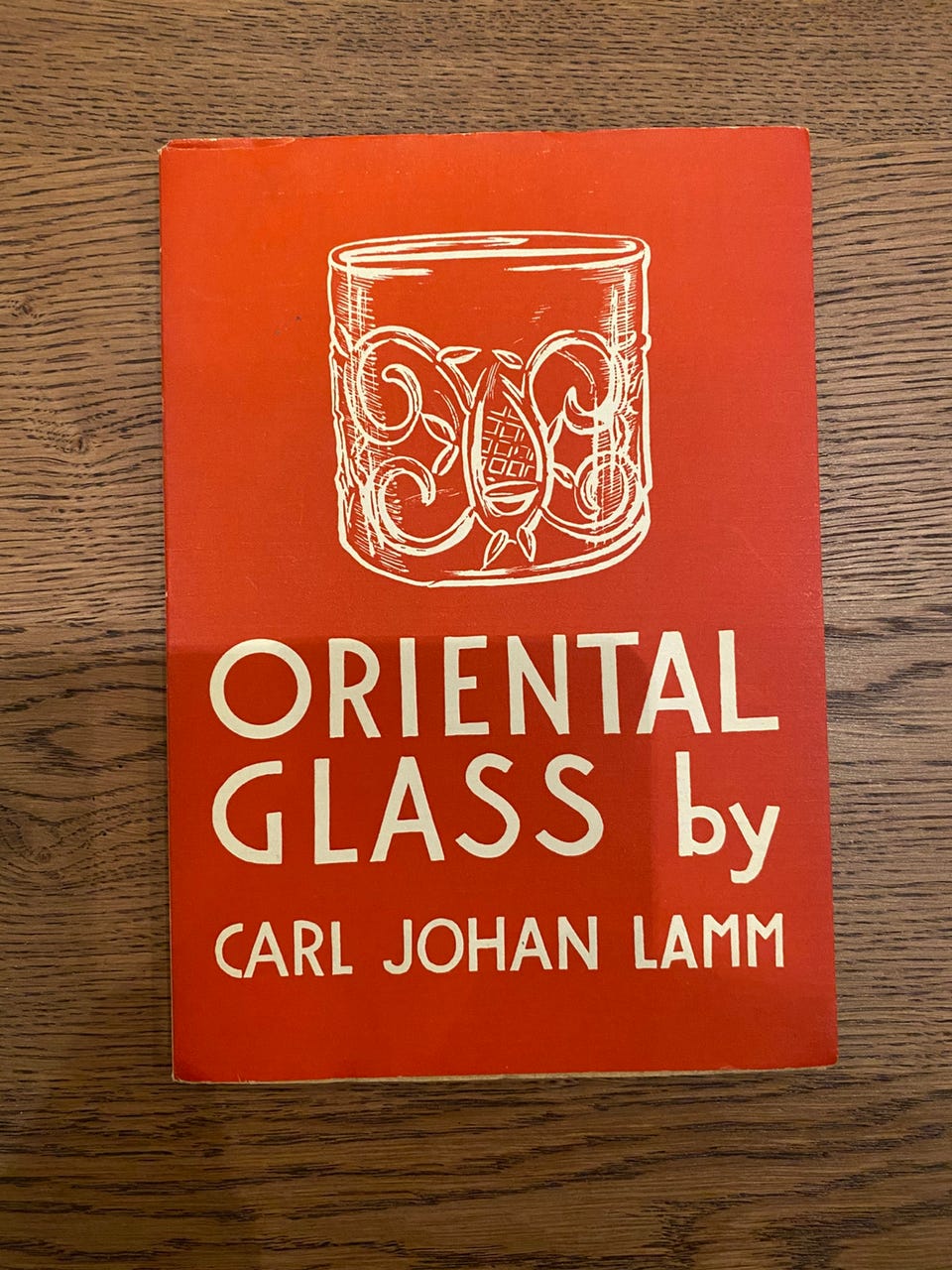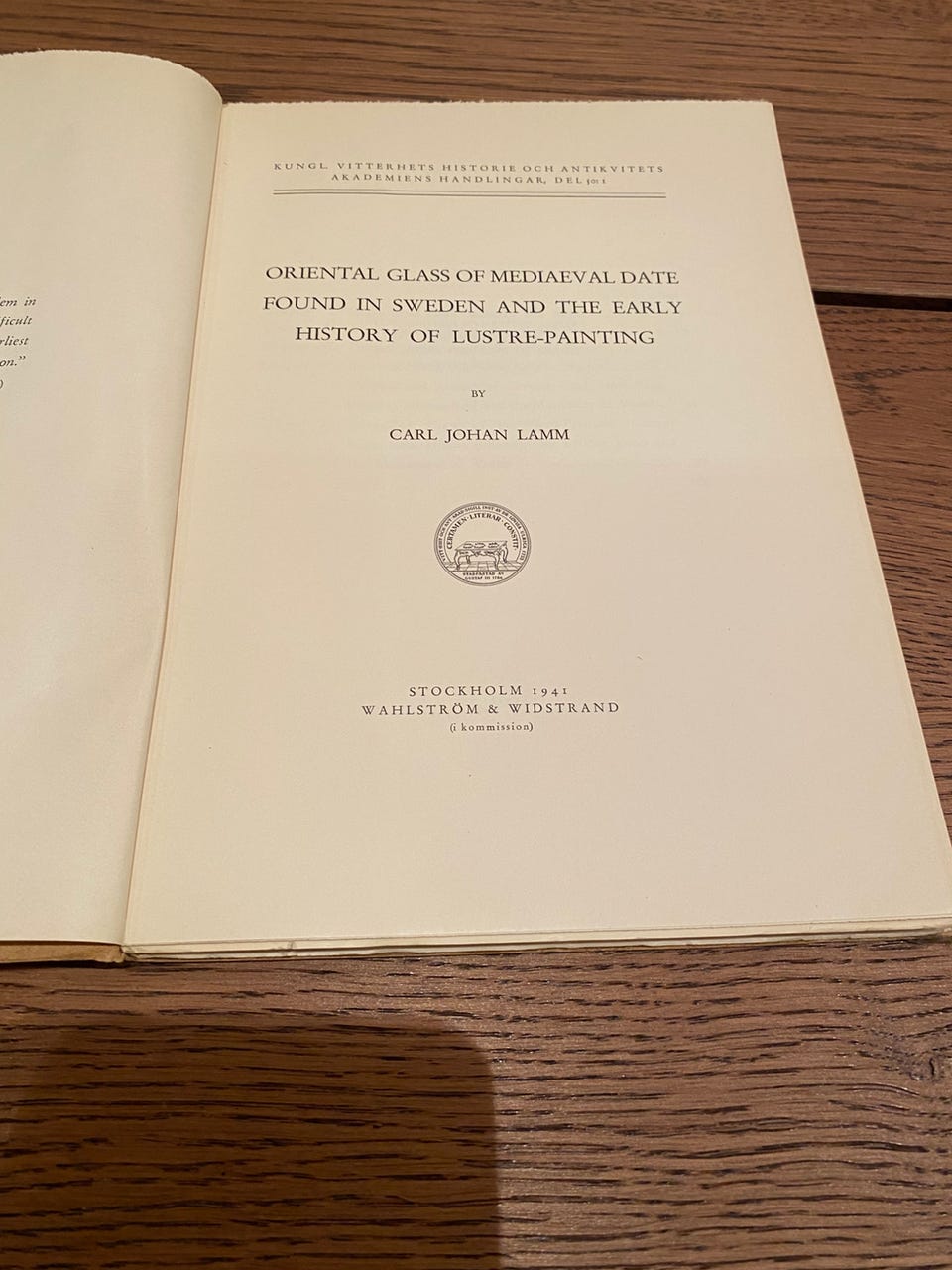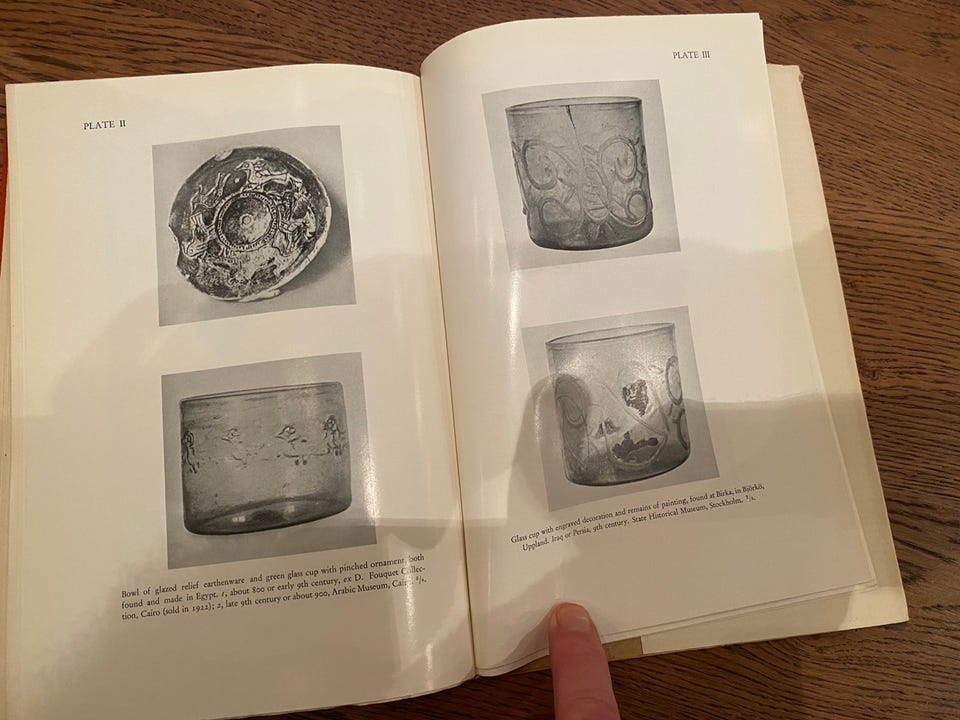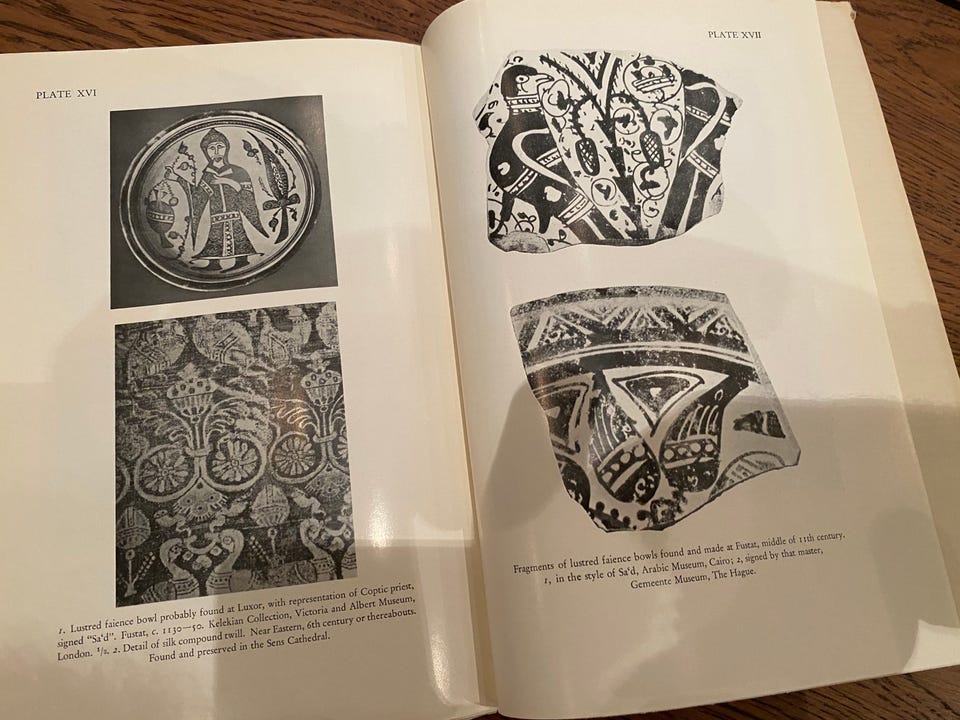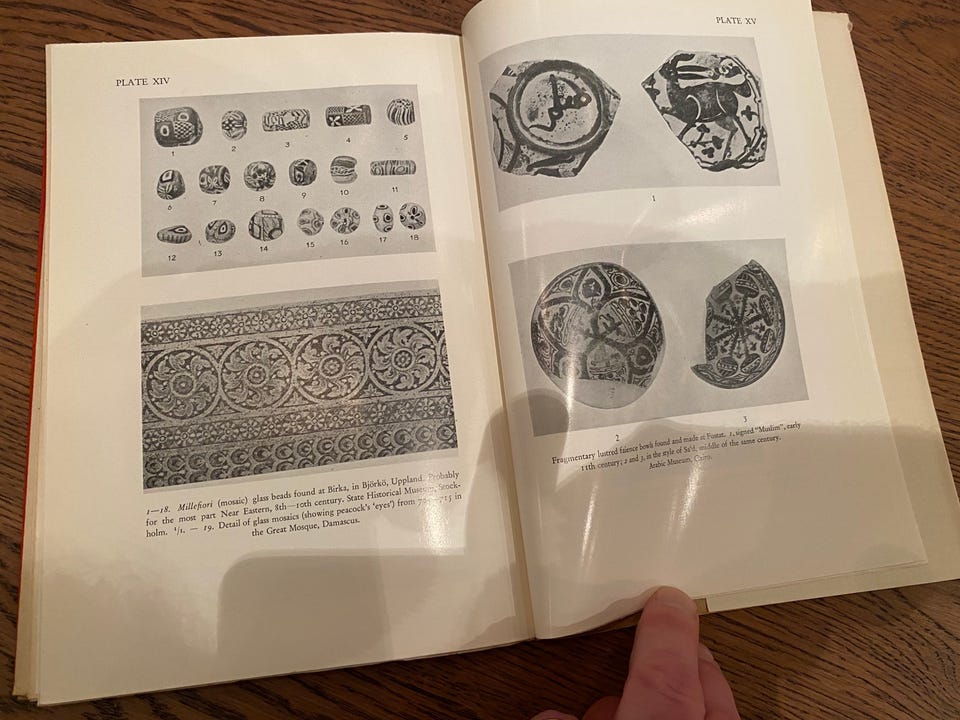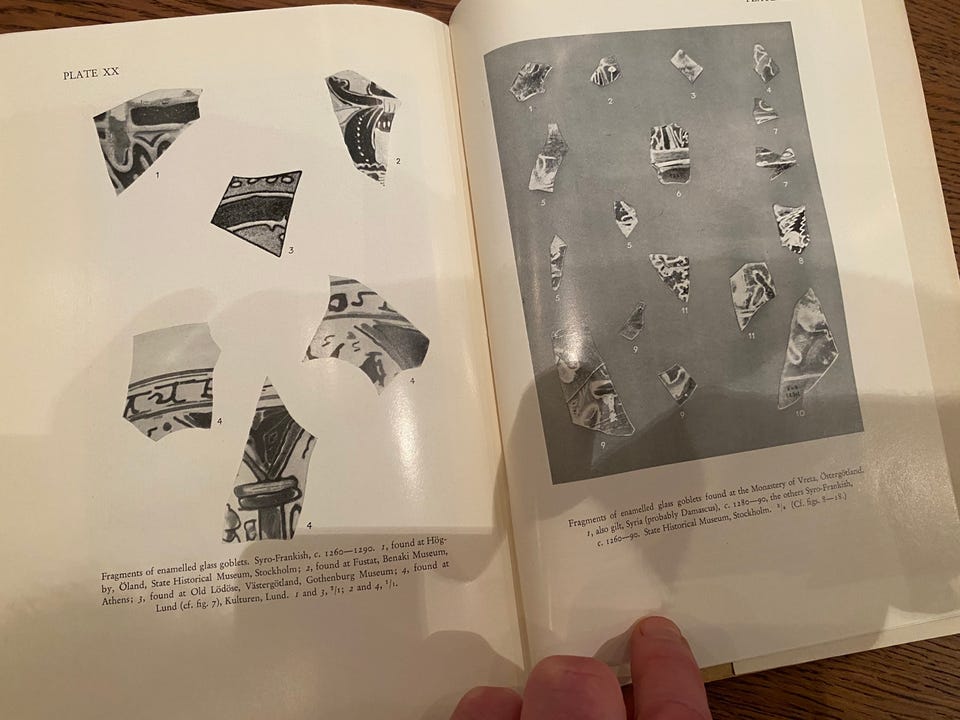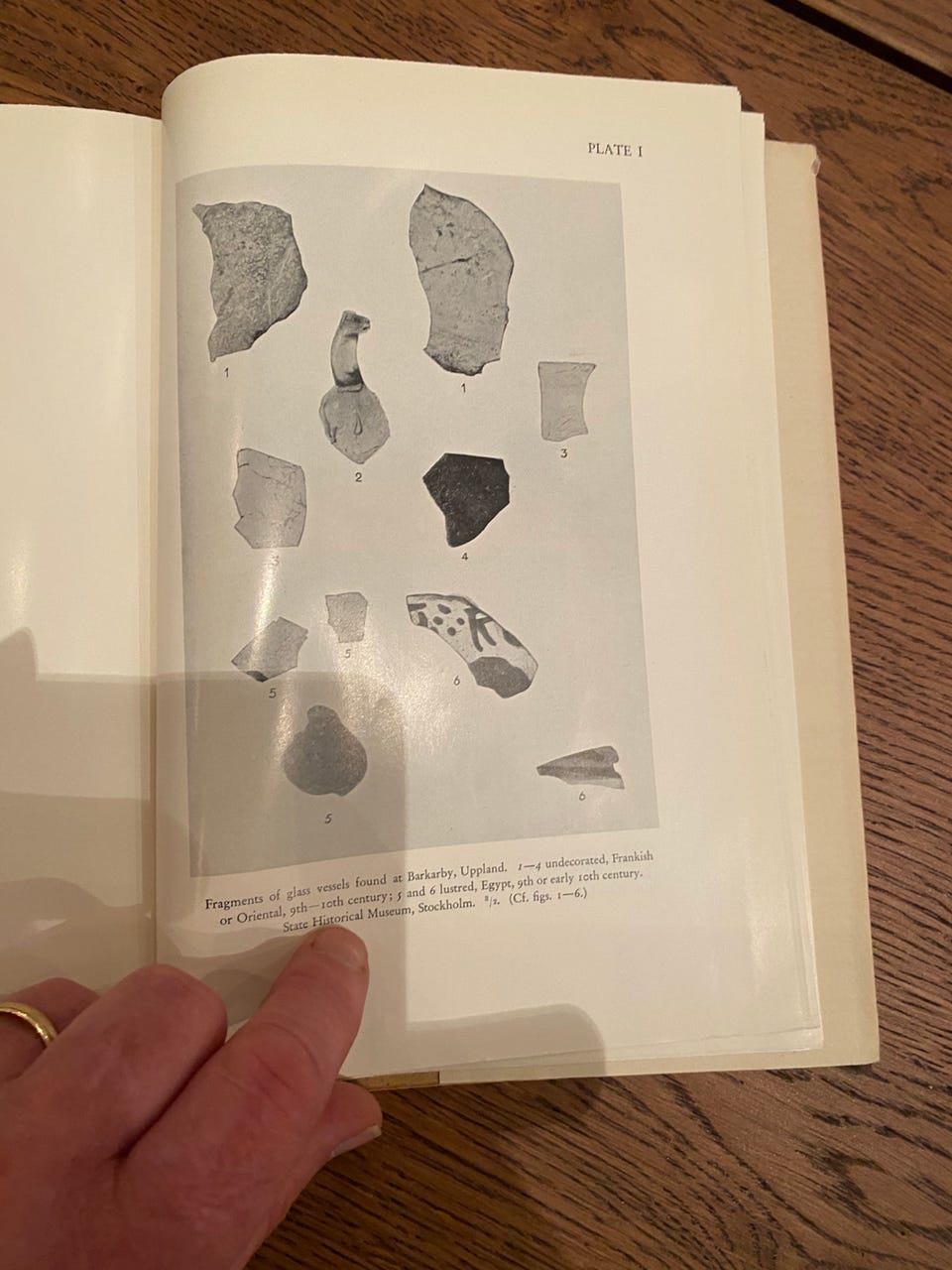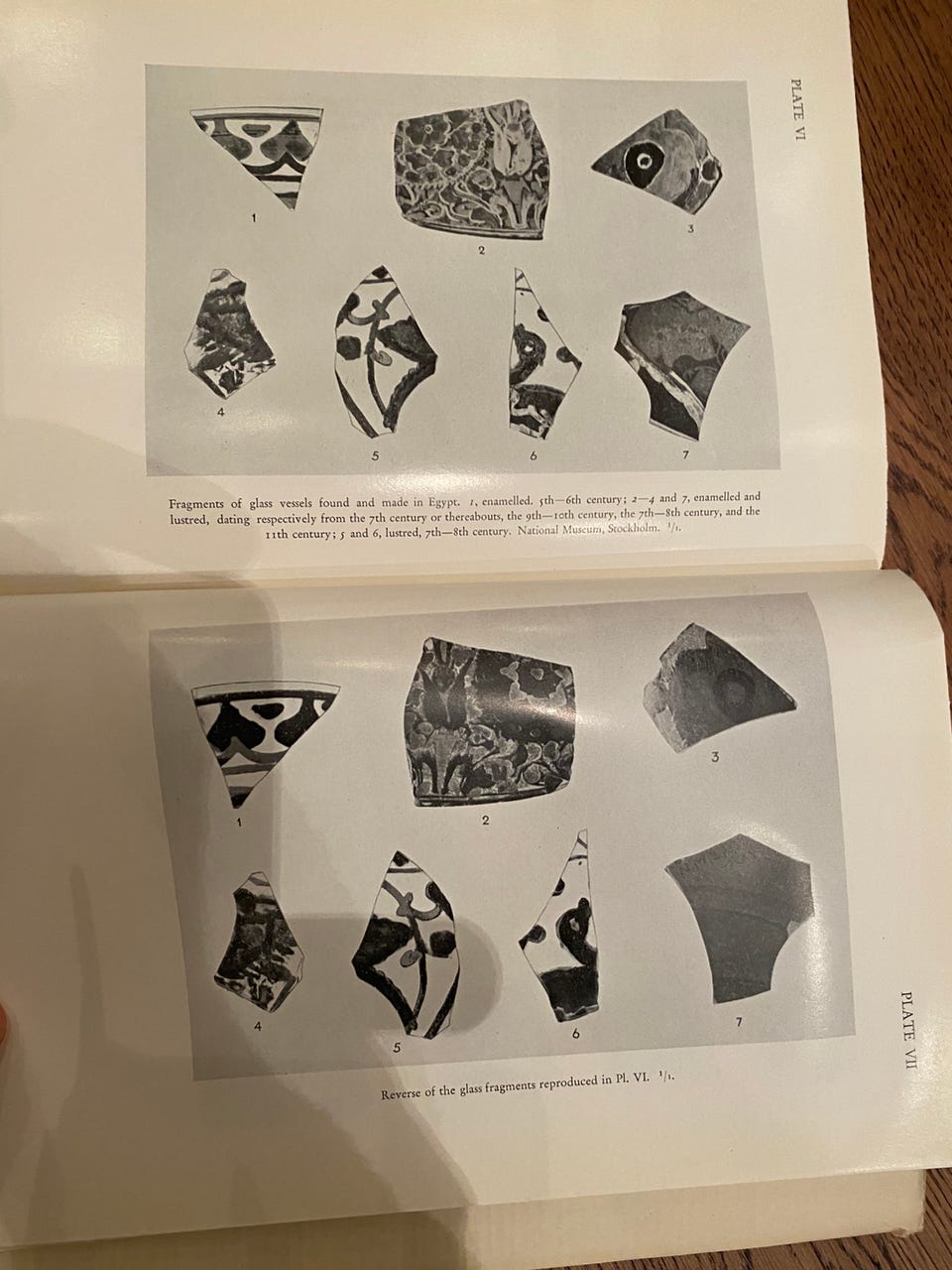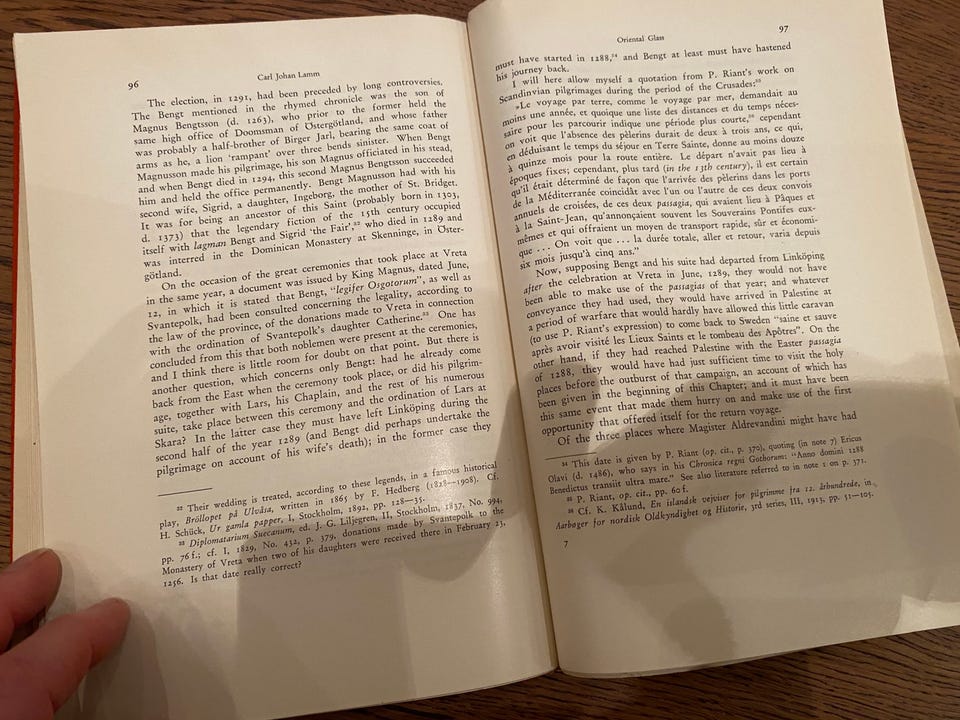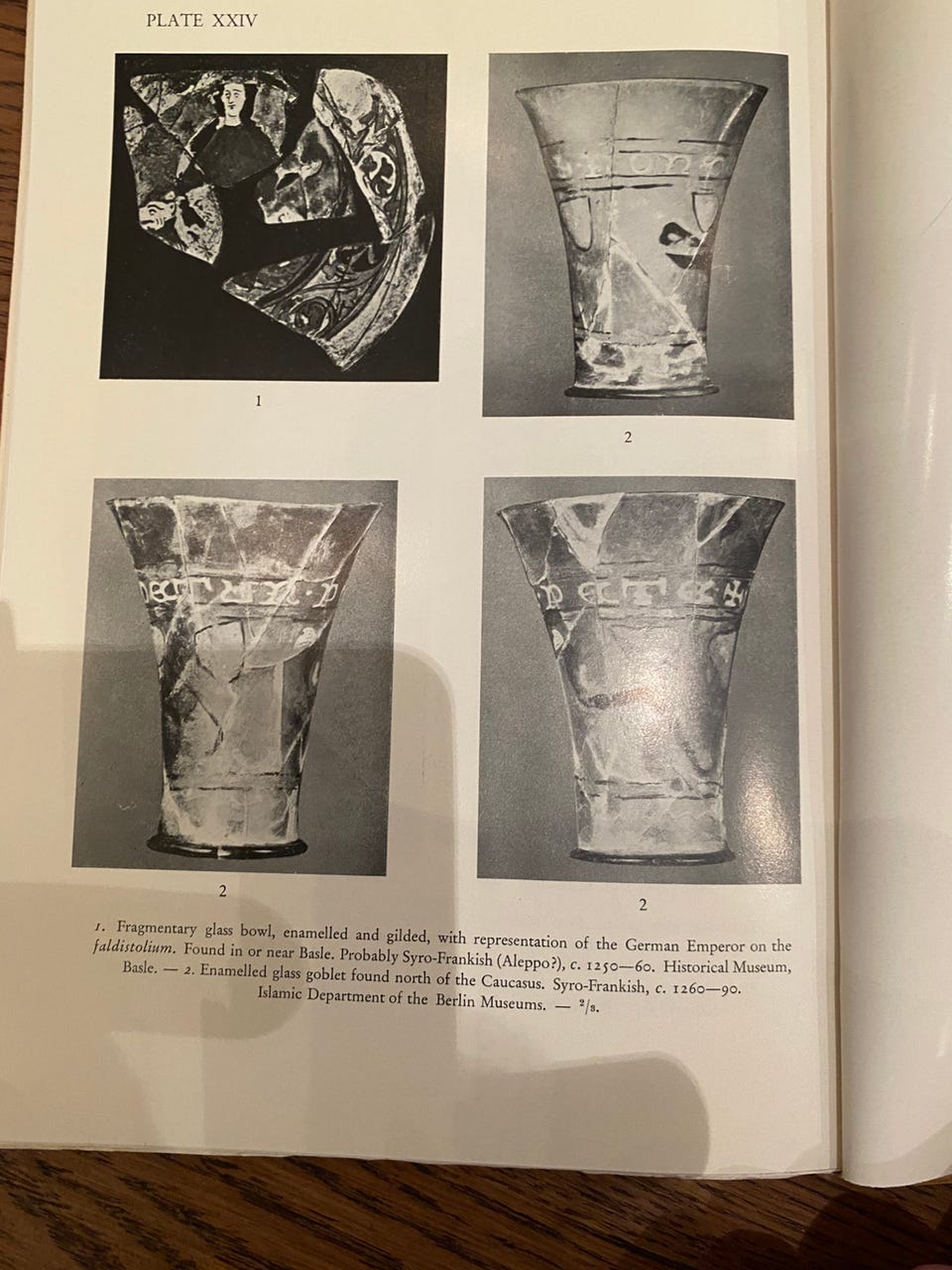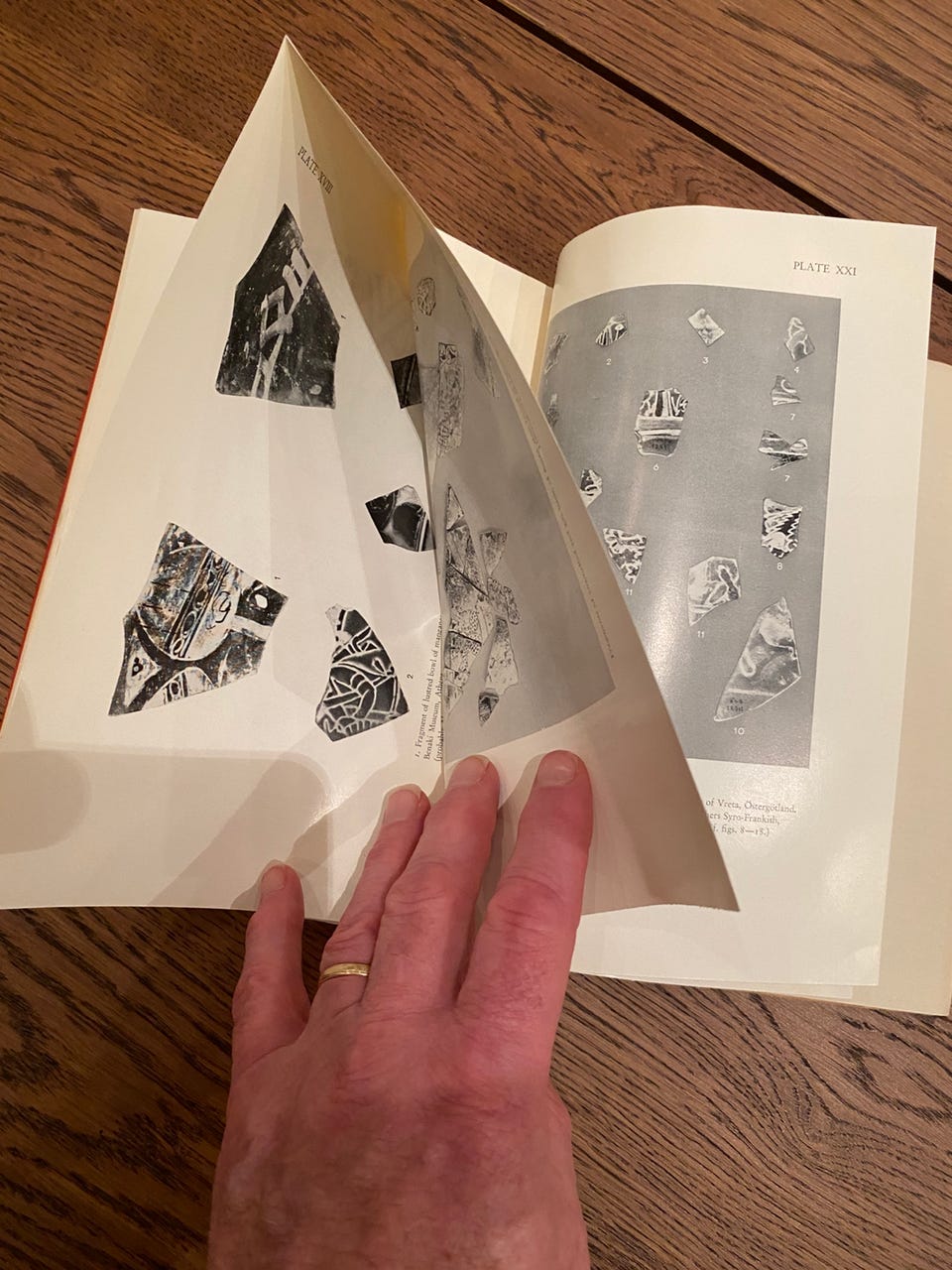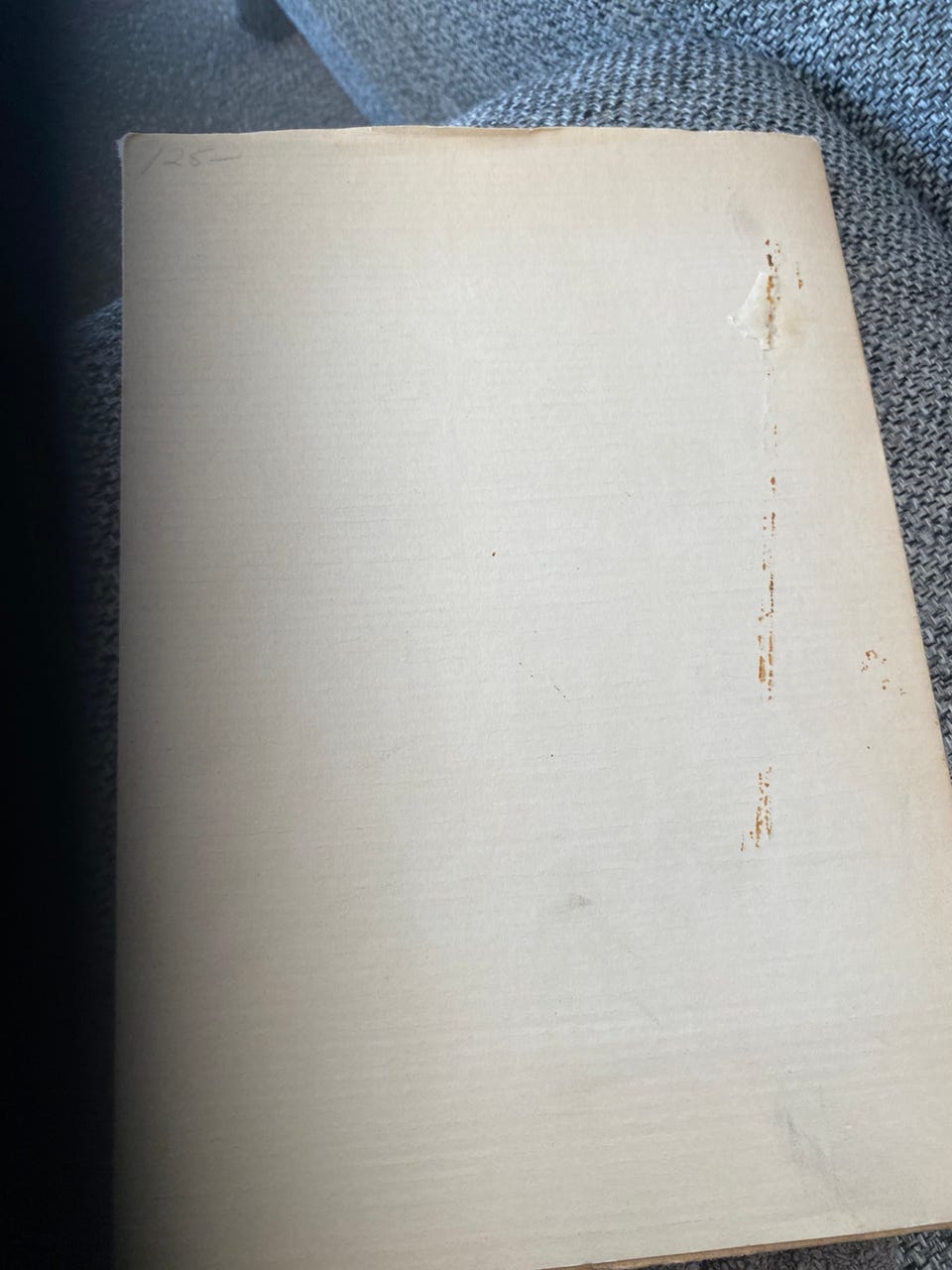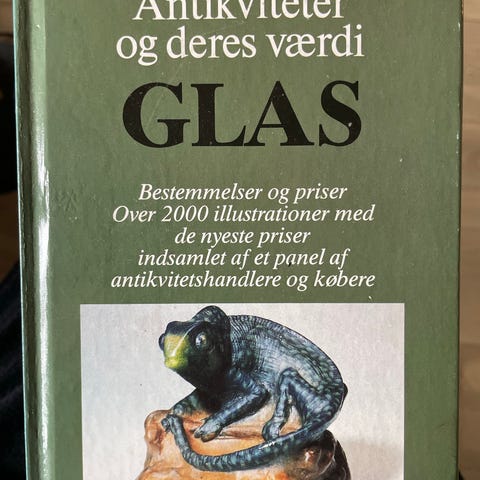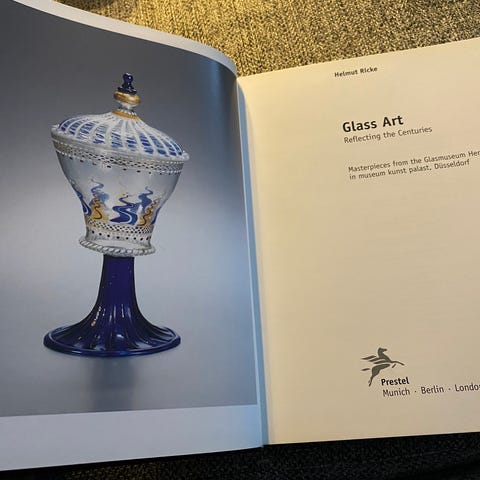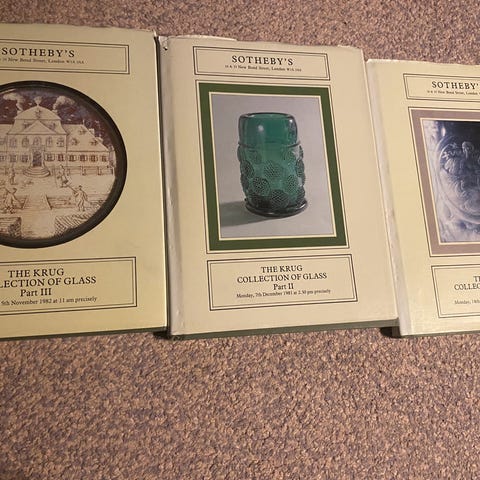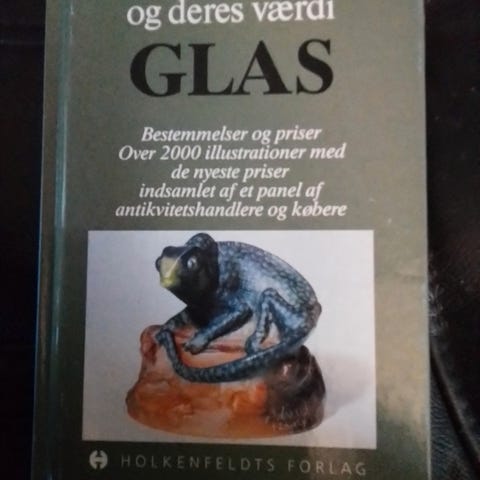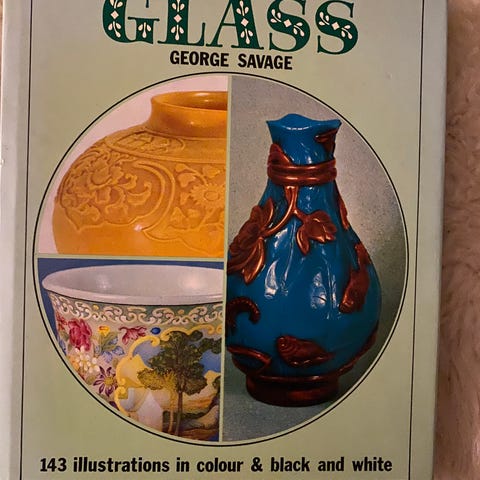
Billedgalleri
ORIENTAL GLASS MEDIAEVAL in SWEDEN, ISLAM LUSTRE PAINTING
Til salg
Fragt fra 29,99 kr. + Tryg betaling 22 kr.
Tryg handel med Fiks færdig
Fiks færdig er DBA's nye betalings- og fragttjeneste. Efter levering har du 24 timer til at kontrollere varen, før pengene udbetales til sælgeren.
Varebeskrivelse
Stand: Brugt - men i god stand
En unik meget sjælden bog om islamisk glas, sjælden, udgivet 1941,
I “næsten ny” stand, kun lidt slitage til omslaget.
Ingen inskriptioner eller markeringer i bogen.
Bagsiden vises i billede 12.
This unique rare book, 115 pages, With 24 numbered pictures, covers medieval glass found in Sweden but originating from the Middle East, particularly Syria.
The titel is misleading because it has nothing to do with Chinese, japanese or other asian glass.
The whole book is on Islamic glass.
It discusses lustreware of the Fatimid period, as well as glass of the Raqqa, Fustat, Aleppo, Damascus, and Syro-Frankish groups, studying grave finds as well as finds of enamelled and gilt glass in sites including the monastery of Vreta, Lund, Hälsingborg, Barkarby and Birka.
The black and White pictures show well-preserved glass cups and goblets as well as jewellery and fragments of glass vessels and lustreware. -
The author , Carl Lamm, studied archaeology at the University of Stockholm. He wrote about the glass excavated at Samarra in 1928 and became a leading scholar on Islamic arts and crafts, notably in glass and carpets. He was on the staff of the Stockholm Museum and taught at Uppsala University.
The pages are uncut! (See picture 11).
Published during second WORLD war (1941) when Sweden was trying so hard to hold its neutral status.
The New owner of This book must cut the top of each page with a Sharp knife!
I opened a couple of pages Only so I could take pictures and describe the book.
Many Antique books were sold in “uncut” form.
Old book pages are uncut because the book was not intended to be read immediately, but rather to be bound later by the owner. Publishers often sold books in temporary bindings, and the uncut or "unopened" pages were meant to be separated by the buyer using a paper knife before or after having the book custom-bound. Finding a book with pages that have not been cut or opened is a strong indication that the book has never been read.
Full title:
Oriental glass of mediaeval date found in Sweden and the early history of Lustre-painting. Stockholm, Wahlström & Widstrand 1941.
Brugerprofil

Du skal være logget ind for at se brugerprofiler og sende beskeder.
Log indAnnoncens metadata
Sidst redigeret: 17.11.2025 kl. 11:53 ・ Annonce-ID: 16028527
